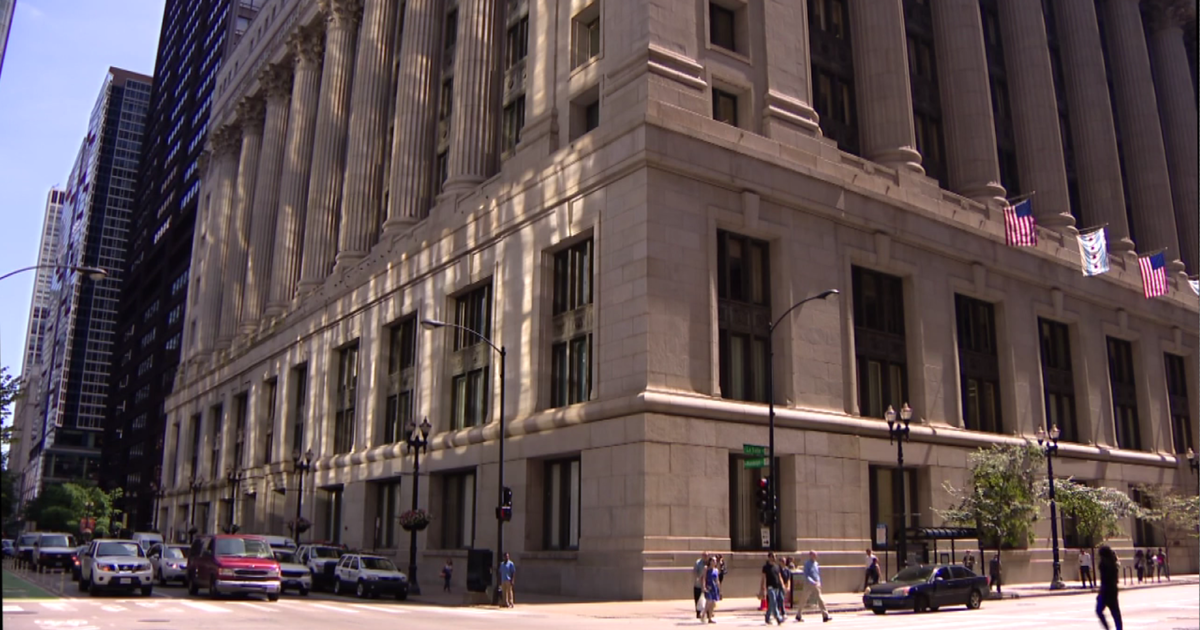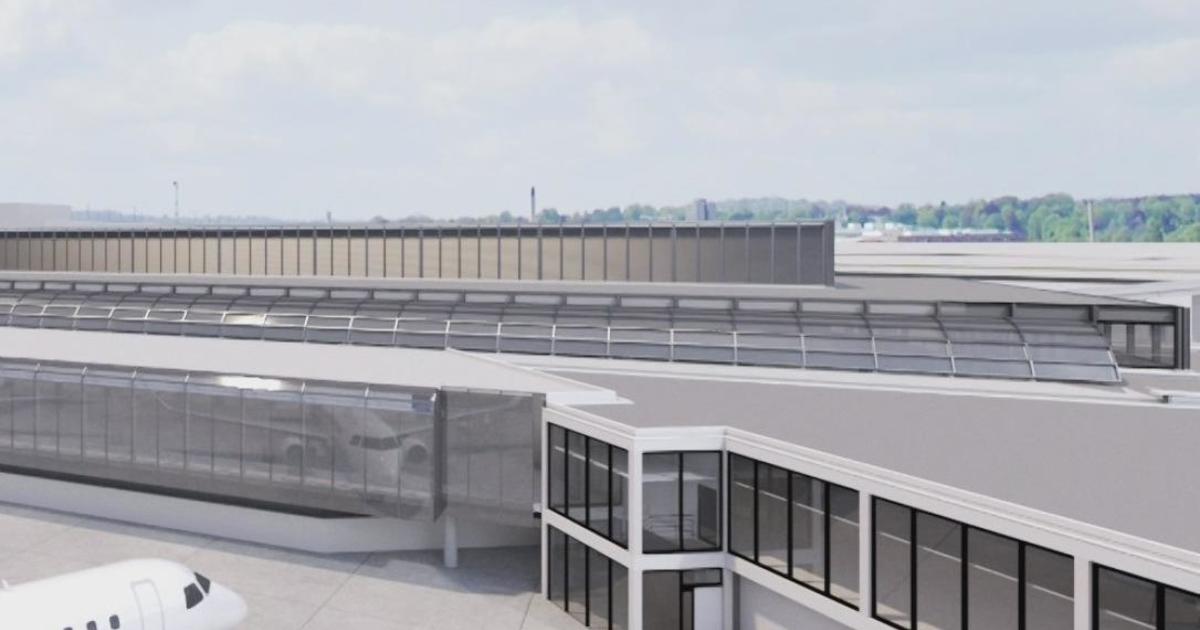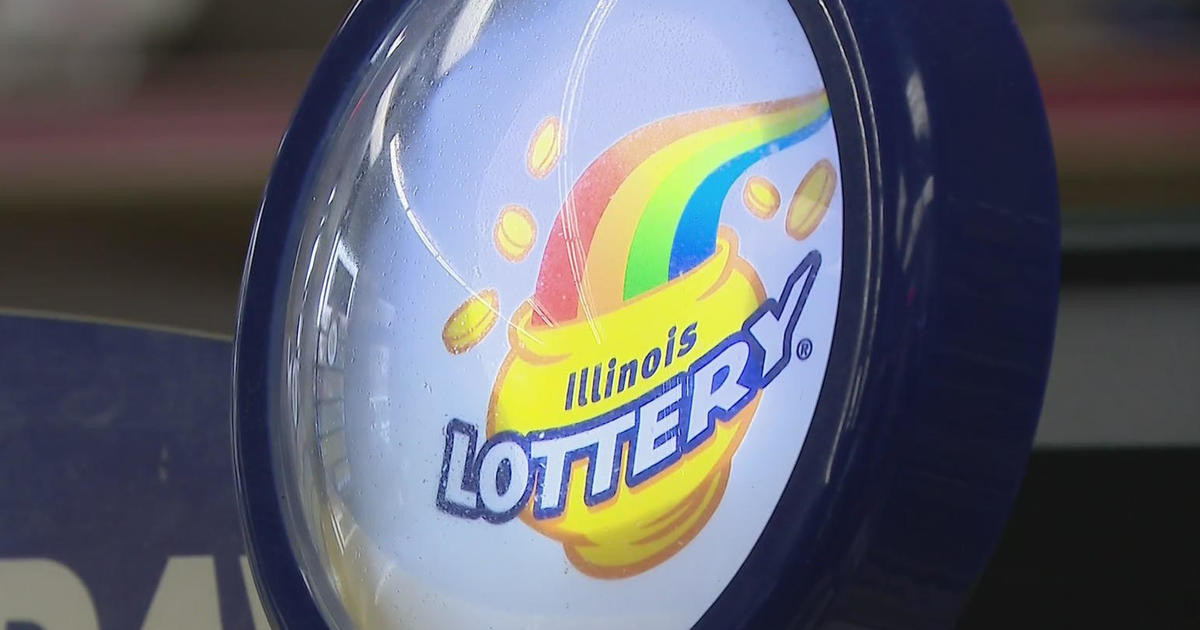With Budget Help Unlikely In Springfield, Mayor Lori Lightfoot Lays Out Alternatives To Avoid Bigger Property Tax Hike
by Todd Feurer, CBS Chicago web producer
CHICAGO (CBS) -- With the odds increasingly unlikely Springfield will come through with her request for an increase in the taxes on property sales, Mayor Lori Lightfoot plans to seek a handful of new cuts and other cost-saving measures to make up for the $50 million in revenue she was counting on to balance the city's 2020 budget.
The mayor was visiting the Illinois State Capitol on Tuesday to urge lawmakers to make changes to the planned Chicago casino and to approve her request for a graduated real estate transfer tax in Chicago, but it appears all but certain lawmakers won't go along with her tax plan during the three-day veto session this week.
So the mayor's finance team laid out "Plan B" for aldermen in closed-door meetings at City Hall.
Rather than turn to another new source of revenue to replace the revenue she's no longer expecting from the real estate transfer tax plan, the mayor plans to seek a number of cost-saving initiatives under her revised spending plan.
Ald. Gilbert Villegas (36th), the mayor's floor leader, said "Plan B" would entail an extra $10 million to $15 million in savings from her plan to refinance $1.3 million in existing debt. The mayor's budget team initially expected the refinancing plan to save a total of about $200 million, but interest rates have dropped, so now the city expects to save $210 million to $215 million.
Other savings include $20 million by slowing down new hiring, and keeping the rate at 2019 levels instead of ramping up hiring as the mayor wanted; $2 million from reduced overtime at the Chicago Fire Department; $1.2 million by reducing new jobs added within the mayor's office; $1 million to $1.5 million in modifications to existing contracts; $6 million in new efforts to reduce health insurance costs; and $4 million in "additional efficiencies," according to Villegas.
On top of the mayor's options to make up for the revenue she had been counting on from the real estate transfer tax, her budget team also told aldermen the city's property tax levy in 2020 will rise by a total of $65 million in 2020, not just the $18 million she had announced for the Chicago Public Library during her budget address.
However, the rest of the new property tax money was already authorized before the mayor took office, according to Villegas. Aldermen already had approved $33 million to $35 million in property taxes to pay off bonds, and the city will get another $12 million to $15 million in property taxes from new construction, similar to the boost the city gets every year from new properties.
The mayor likely will introduce her revisions to her budget plan on Wednesday, with a final vote expected on Nov. 26.


